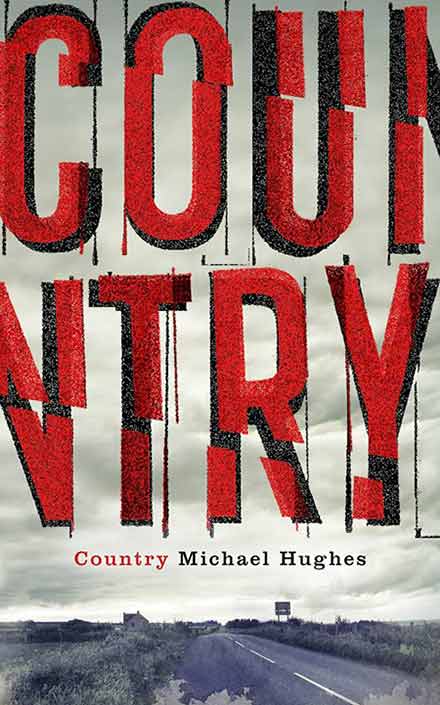When I started work on my novel Country, just over two years ago, the subject matter felt very remote. Some days, I wondered if I was wasting my time. Would anyone want to read a story about the end of the Northern Ireland conflict, set around the border? It was yesterday’s news.
Even worse, I had decided to borrow the structure and characters of Homer’s Iliad, the epic poem about the dying days of the Trojan War. I had a hunch that the nature of armed conflict hadn’t changed in a few thousand years, and the glory and doom of those mythic Greek heroes would ring just as true when transposed to the world I’d grown up in.
The trouble was, I really didn’t know the Iliad very well. And if my book made a mess of retelling a timeless classic of world literature, I had to accept that only one of them was going to come out of it looking bad.
But the more I dug into the ancient poem, the more things came into focus. The avenging Greeks of the original became a rogue IRA unit, scheming to attack an army base near the border and end the recent ceasefire. The Trojans became the British forces, personified in the SAS captain Henry, my equivalent to Homer’s great warrior Hector. And the callous, scheming gods of Mount Olympus became the politicians on both sides, casually manipulating the fates of those fighting on the ground, mere pawns in their petty power games.
More unexpectedly, as I finished the first draft and emerged blinking into the real world, I saw that the news had caught up with me. The Irish border was a big story again. Try as the politicians might to dismiss it, this little local difficulty was refusing to shut up and go away.
So where does ‘The Emperor’s New Brexit’ end? Will that little border bring the deluded to their senses?
And the more nonsense I heard talked about Northern Ireland and Brexit, the more I found myself thinking of another old story with a few parallels to the current political situation: The Emperor’s New Clothes.










